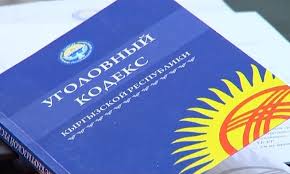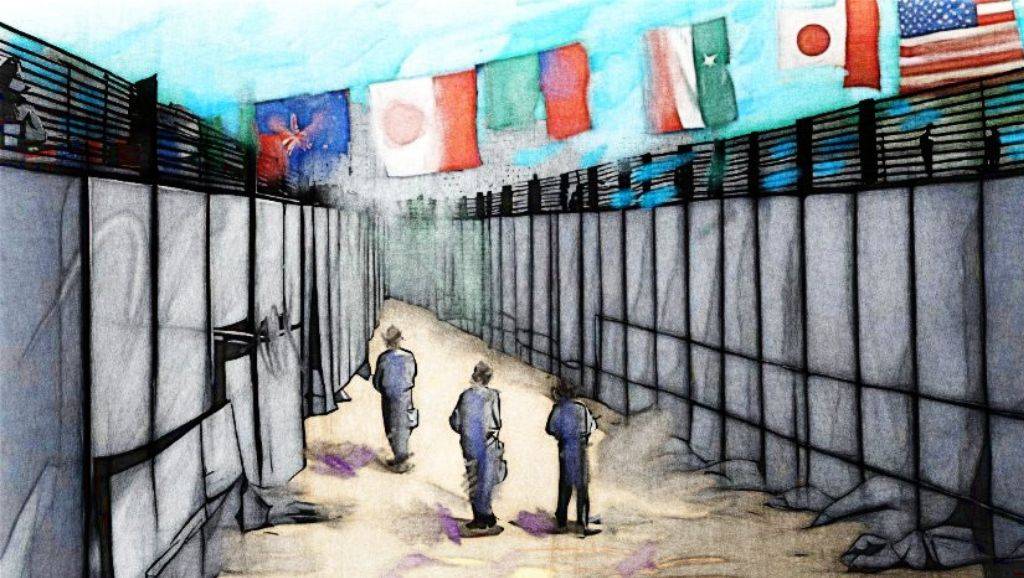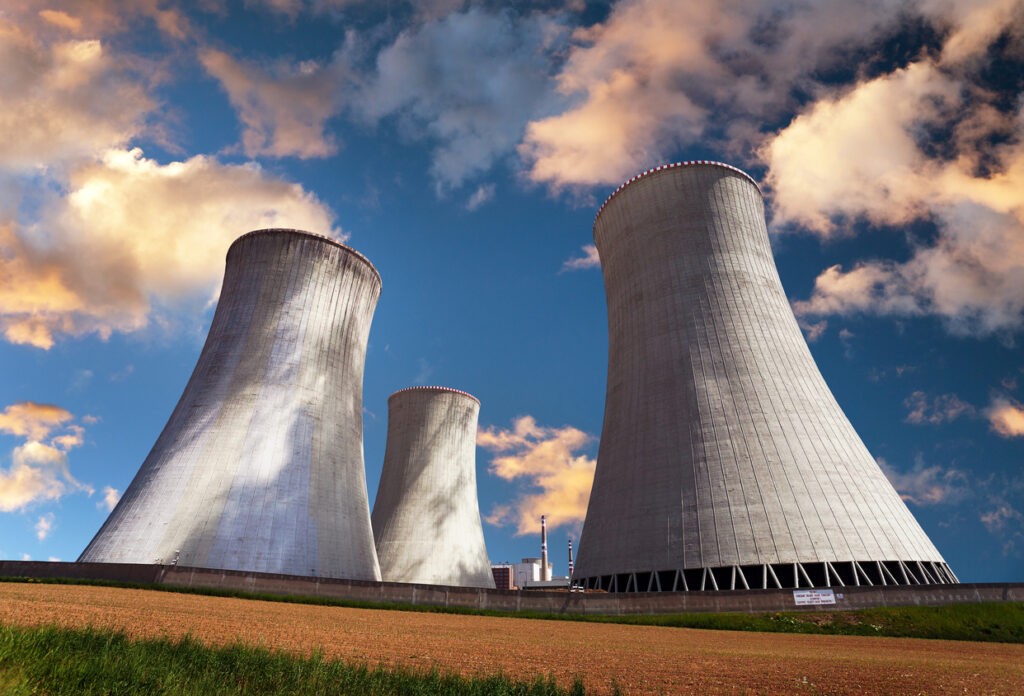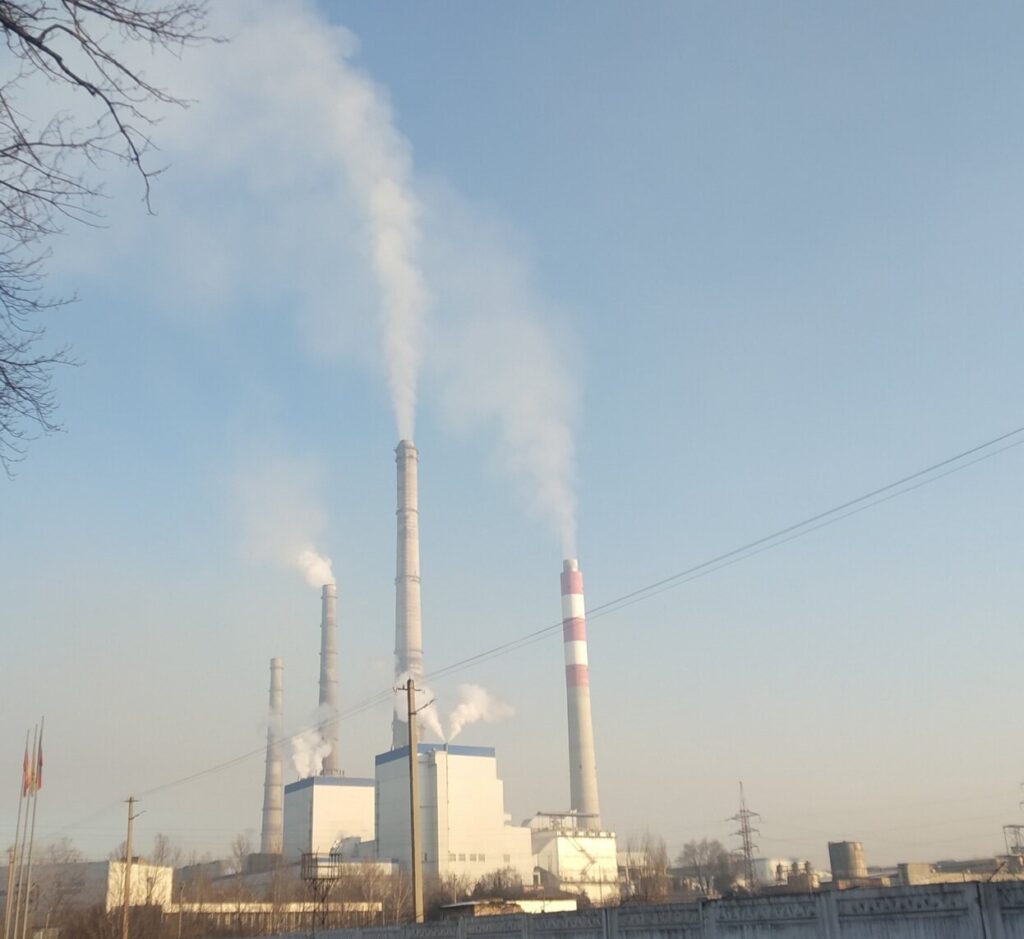Kyrgyzstan Wants to Extend Prison Terms for “Calls to Seize Power”
Kyrgyzstan's Interior Ministry has proposed toughening the criminal penalties for inciting violent seizures of power. The ministry has tabled an amendment whereby those found to have breached Article 327 of Kyrgyzstan's Criminal Code (“Public calls for violent seizure of power”) could face between three and five years in prison. The Criminal Code currently only sets out a fine of 20,000 to 50,000 som ($236 to $590), or imprisonment of up to three years. The draft law has been submitted for public discussion. In Kyrgyzstan, it is not uncommon for civic activists and those who criticize the current government to be arrested on charges of "public calls for violent seizure of power". Among Kyrgyz citizens to have been convicted of this charge are Zarina Torokulova and Kanykei Aranova, who are both currently in prison after posting messages on social media. Their sentences are harsher than the law currently calls for: Torokulova was sentenced to five years in prison in 2023, while this year Aranova was sentenced to three and a half years. In June 2024, 20 Kyrgyz citizens who peacefully protested against a land swap with Uzbekistan involving the Kempir-Abad reservoir were acquitted by the court, but the prosecutor's office appealed the court's decision, demanding that they be found guilty. Furthermore, the Interior Ministry proposes increasing the prison term to five to seven years if the offense is committed by a group of individuals, or by using the internet or mass media. The current punishment is a fine of 50,000 to 100,000 som ($590 to $1,185) or imprisonment for three to five years. The draft bill also proposes to criminalize public calls for extremist activity and possession of extremist materials if a person has previously received a warning. For this purpose, new articles will be added to the Criminal Code: “Possession of extremist materials” and “Public calls for extremist activities.”






